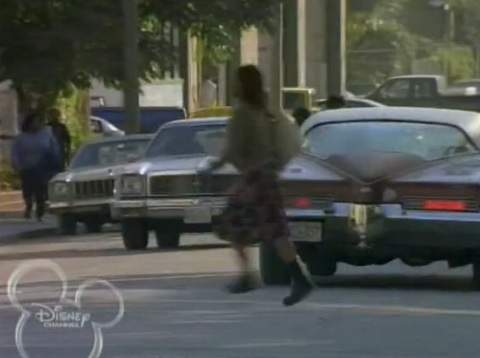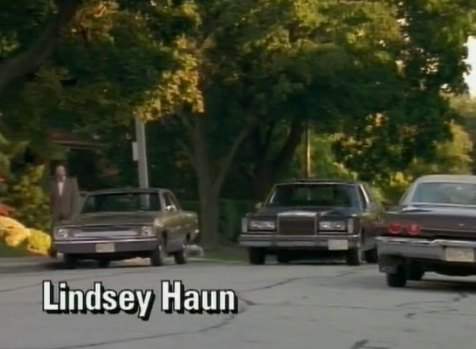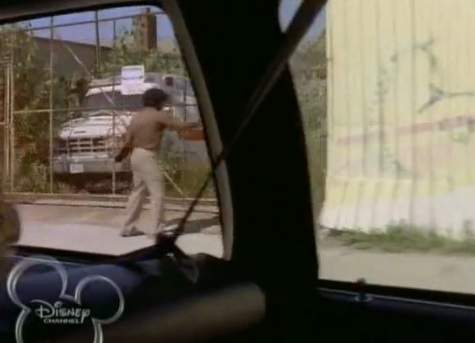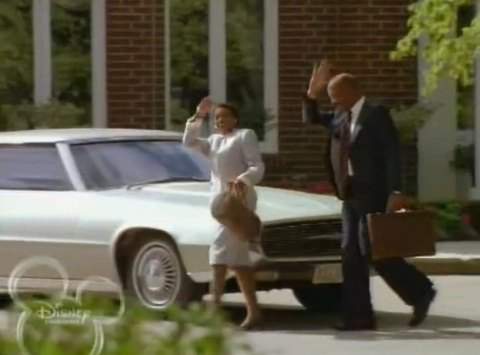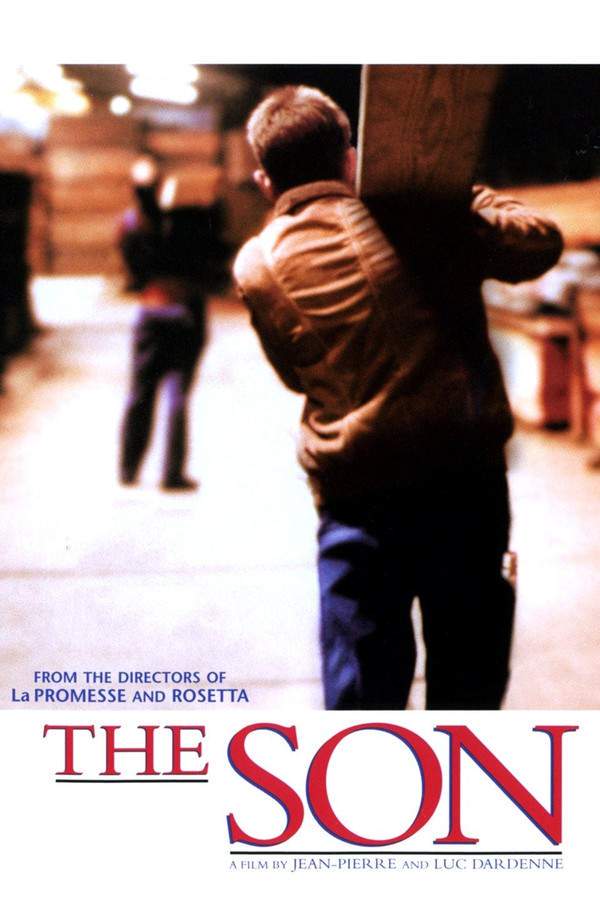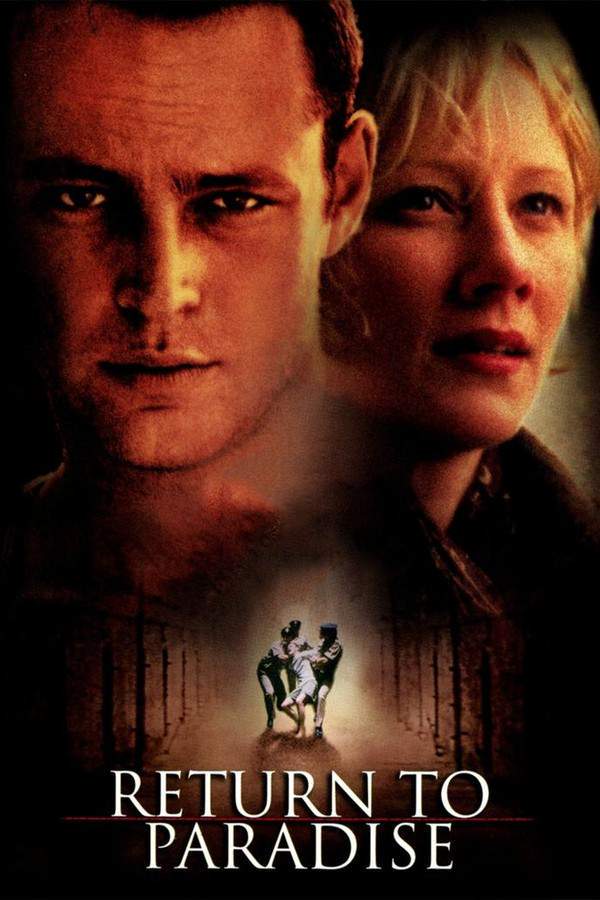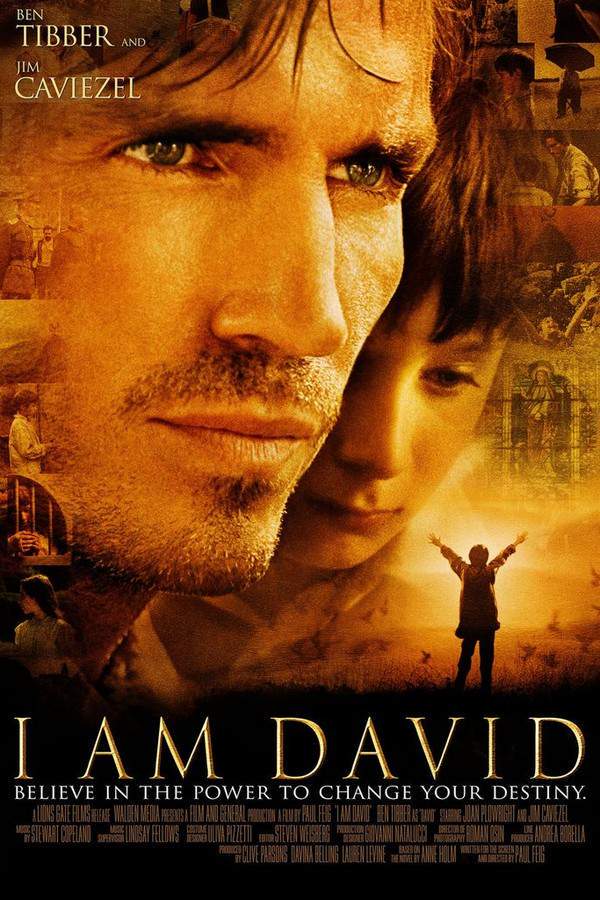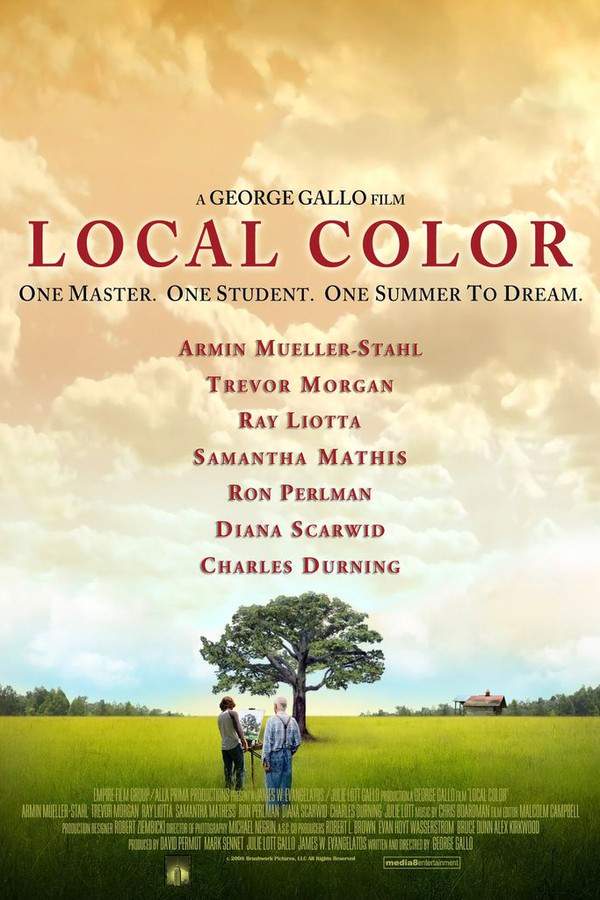The Color of Paradise 2000
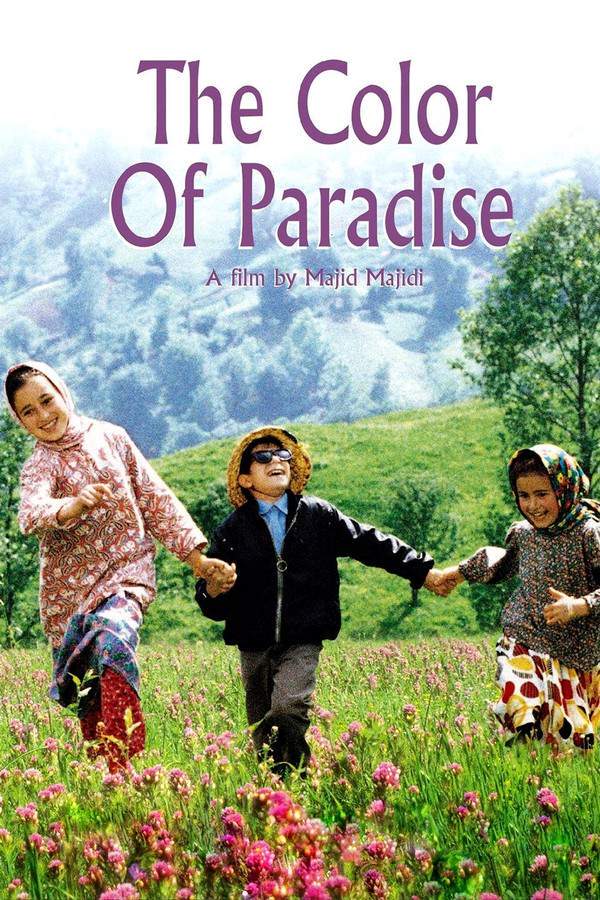
A young boy with impaired vision perceives the world in a way others cannot, finding solace and wonder in nature. When he is sent away to a special school, he struggles to adapt to the rigid environment and the pressures to conform. Through his experiences, the film explores themes of faith, acceptance, and the importance of embracing individuality, highlighting the profound connection between a father and son.
Does The Color of Paradise have end credit scenes?
No!
The Color of Paradise does not have end credit scenes. You can leave when the credits roll.
Meet the Full Cast and Actors of The Color of Paradise
Explore the complete cast of The Color of Paradise, including both lead and supporting actors. Learn who plays each character, discover their past roles and achievements, and find out what makes this ensemble cast stand out in the world of film and television.
No actors found
External Links and Streaming Options
Discover where to watch The Color of Paradise online, including streaming platforms, rental options, and official sources. Compare reviews, ratings, and in-depth movie information across sites like IMDb, TMDb, Wikipedia or Rotten Tomatoes.
Ratings and Reviews for The Color of Paradise
See how The Color of Paradise is rated across major platforms like IMDb, Metacritic, and TMDb. Compare audience scores and critic reviews to understand where The Color of Paradise stands among top-rated movies in its genre.

80
Metascore
8.5
User Score


%
TOMATOMETER

0%
User Score

7.2 /10
IMDb Rating
Take the Ultimate The Color of Paradise Movie Quiz
Challenge your knowledge of The Color of Paradise with this fun and interactive movie quiz. Test yourself on key plot points, iconic characters, hidden details, and memorable moments to see how well you really know the film.
The Color of Paradise Quiz: Test your knowledge on the themes, characters, and events from 'The Color of Paradise'.
What is the name of the blind boy in the movie?
Mohammad
Hashem
Ali
Reza
Show hint
Full Plot Summary and Ending Explained for The Color of Paradise
Read the complete plot summary of The Color of Paradise, including all major events, twists, and the full ending explained in detail. Explore key characters, themes, hidden meanings, and everything you need to understand the story from beginning to end.
A blind boy named Mohammad experiences freedom as he is released from his special school in Tehran for the summer. His father, Hashem, who bears the weight of shame and burden stemming from Mohammad’s blindness, arrives late to pick him up. Despite his efforts to persuade the headmaster to allow Mohammad to stay for the summer, he is met with refusal and ultimately takes his son home.
As a widower, Hashem is intent on marrying a local woman. He approaches her parents, bearing gifts, and receives their approval. However, he tries to conceal his son’s blindness, fearing it would be seen as an ill omen by the woman’s family.
Meanwhile, Mohammad joyfully explores the hills surrounding his village with his sisters, engaging with nature around him. He possesses a remarkable ability to connect with the world using his other senses, as he touches and perceives nature’s rhythms and textures. When he attends local school with his sisters, he impresses both the students and the teacher by reading his Braille lessons.
To keep the truth about his son hidden, Hashem decides to send Mohammad away to be an apprentice under a blind carpenter. The carpenter begins to train him, but Mohammad’s heart is heavy with sorrow as he expresses his longing to see God. He voices his belief that God must not love him for granting him blindness, while also grappling with his teacher’s lesson that God cherishes blind children for who they are. His questions linger in the air—if God loves him more, why must he experience life without sight? He yearns to see God and believes that sensing God should be enough; the carpenter, perhaps moved by Mohammad’s sincerity, shares a silent understanding as he walks away.
As tragedy befalls the family, Mohammad’s grandmother is distraught upon learning of her grandson’s situation. Her emotional turmoil leaves her ill, and despite Hashem’s attempts to persuade her to stay, she departs, accidentally dropping Mohammad’s hairpin into a pond, an event that precipitates her swoon and subsequent death as Hashem rushes to her side. The bride’s family perceives this event as a dire omen, leading to the cancellation of the wedding.
With his hopes dashed, Hashem finally resolves to bring Mohammad back home. The narrative vividly reveals the embarrassment and pity Hashem feels for both himself and his son. Retrieving Mohammad from the carpenter, they journey home through the woods. As they attempt to cross a small wooden bridge over a rushing river, calamity strikes—the bridge collapses, sending Mohammad tumbling into the water. For a haunting moment, Hashem is paralyzed with shock, torn between saving his son and liberating himself from what he perceives as his “burden.” Yet, in a moment of clarity, he dives into the river to rescue him.
Regaining consciousness on the shore of the Caspian Sea, Hashem spots Mohammad lying motionless nearby. Desperate, he rushes to his son, cradling him in his arms while grief overtakes him. As he weeps and gazes towards the heavens, a woodpecker’s sound resonates, the sun breaks through the clouds, and in a miraculous moment, Mohammad’s fingers twitch. Perhaps he is “reading” the melody of the woodpecker with his fingertips, akin to Braille dots, or perhaps in his transition, he has finally made contact with the divine presence he yearned for all along.
Uncover the Details: Timeline, Characters, Themes, and Beyond!

Coming soon on iOS and Android
The Plot Explained Mobile App
From blockbusters to hidden gems — dive into movie stories anytime, anywhere. Save your favorites, discover plots faster, and never miss a twist again.
Sign up to be the first to know when we launch. Your email stays private — always.
Watch Trailers, Clips & Behind-the-Scenes for The Color of Paradise
Watch official trailers, exclusive clips, cast interviews, and behind-the-scenes footage from The Color of Paradise. Dive deeper into the making of the film, its standout moments, and key production insights.
Cars Featured in The Color of Paradise
Explore all cars featured in The Color of Paradise, including their makes, models, scenes they appear in, and their significance to the plot. A must-read for car enthusiasts and movie buffs alike.
The Color of Paradise Themes and Keywords
Discover the central themes, ideas, and keywords that define the movie’s story, tone, and message. Analyze the film’s deeper meanings, genre influences, and recurring concepts.
The Color of Paradise Other Names and Titles
Explore the various alternative titles, translations, and other names used for The Color of Paradise across different regions and languages. Understand how the film is marketed and recognized worldwide.
Similar Movies To The Color of Paradise You Should Know About
Browse a curated list of movies similar in genre, tone, characters, or story structure. Discover new titles like the one you're watching, perfect for fans of related plots, vibes, or cinematic styles.
Quick Links: Summary, Cast, Ratings, More

What's After the Movie?
Not sure whether to stay after the credits? Find out!
Explore Our Movie Platform
New Movie Releases (2026)
Famous Movie Actors
Top Film Production Studios
Movie Plot Summaries & Endings
Major Movie Awards & Winners
Best Concert Films & Music Documentaries
Movie Collections and Curated Lists
© 2026 What's After the Movie. All rights reserved.




















